Jackal Protocol: actually decentralized storage
Introduction to Jackal: the blockchain built for decentralized storage and data persistence
COSMOSPROOF OF STAKE
Bitveil Team


If you believe decentralization should extend all the way down to where data lives, not just how value moves, Jackal Protocol is worth a very close look.
Built as a Cosmos SDK Layer-1, Jackal is purpose-designed to store data onchain and make it usable across multiple ecosystems.
In this article we’ll unpack what “actually decentralized storage” means in practice, how Jackal’s cryptoeconomic design aligns incentives for durability and integrity, and where it fits for builders, businesses, and communities that want sovereign, censorship-resistant data.
What is Jackal Protocol?
Jackal is a specialized L1 for data, built with the Cosmos SDK stack.
It combines standard validator security with a distinct class of nodes called Storage Providers (SPs).
Validators secure consensus and verify storage proofs; SPs physically store encrypted file shards and continuously prove they still have them. The pairing gives Jackal a clean separation: consensus for truth, providers for bytes.
Interchain by design. Jackal isn’t another walled garden. It exposes storage to other chains through IBC and Outposts, so a smart contract on your home chain can read or write data on Jackal with a simple call, no centralized middleware required.
That framing “storage as a protocol” rather than “storage as a platform”, is why Jackal can serve apps anywhere the interchain reaches, but also the EVM galaxy.
Jackal core mechanics
Why Jackal Protocol matters
Blockchains solved the “state” problem who owns what, by replicating small amounts of data everywhere.
But they’ve never been good at storing files: app datasets, logs, backups, archives, or content.
Centralized clouds stepped into that gap at the cost of privacy, portability, and, often, long-term durability guarantees.
Jackal’s thesis is simple: storage should be a first-class primitive, governed by a public network and enforced by cryptography and incentives, not by the terms of service of a private company.
Most “decentralized storage” systems live or die on one question: how do you prove, without trusting the operator, that your data still exists?
Jackal answers this with two on-chain mechanisms defined in its storage module: the Jackal Proof-of-Persistance and the Internal Dectection of Loss.
Jackal Proof-of-Persistence (JPOP). When a user uploads a file, the client computes a Merkle root and opens a storage contract on chain. SPs holding that data must regularly answer randomized challenges (based on block hashes) by presenting specific chunks plus the Merkle path. Validators verify the proof; passing it earns rewards. Missing it accrues strikes.
Problems Jackal solves compared to Google Drive and Dropbox
Jackal Protocol, along with products built on it like Jackal Pin and Vault, address centralized critical storage flaws in the "traditional" cloud industry:
Eliminating Centralized Risks: Unlike Google Drive’s breach risks, Jackal’s network and redundancy protect data.
Ensuring Privacy: Centralized access is replaced by Jackal’s encryption and Vault’s private frontend.
Removing Intermediaries: Transparent pricing and on-chain management bypass middlemen, with Jackal Pin reducing IPFS costs.
Flexible and Cost-Effective: Scalable plans, more affordable than traditional cloud storage services for both individuals and companies.
Supporting Enterprise Needs: Jackal’s API, Pin, and Vault enable dApp integration, unlike centralized rigidity.
Bitveil’s role in Jackal Protocol
Internal Detection Of Loss (IDOL). Redundancy is enforced by protocol. If an SP misses enough proofs, the contract is flagged, penalties apply, and the file becomes eligible for re-replication: another SP can fetch from remaining replicas, resume proofs, and restore the target replication level, all tracked and incentivized on chain.
Together, JPOP and IDOL give users transparency (who currently proves your file?), accountability (who failed and was penalized?), and composability: proofs, penalties, and file metadata are on chain and can be used by other contracts.
At Bitveil, we take immense pride in our role as validators of the Jackal Protocol blockchain, where we actively contribute to secure and maintain the network’s integrity.
Beyond validation, we are deeply engaged in advancing the ecosystem by developing innovative utilities: We have created and published a Protobuf Library for Python gRPC, enabling seamless interaction with Jackal’s blockchain. This open-source tool empowers developers to build robust, decentralized applications with enhanced efficiency.
The future of storage is decentralized, and Jackal Protocol is leading the charge. By addressing the privacy, security, and cost issues of services like Google Drive and Dropbox, and distinguishing itself from competitors, Jackal empowers users to own their data like never before.
If our work resonates, support us by delegating your JKL to the Bitveil validator.
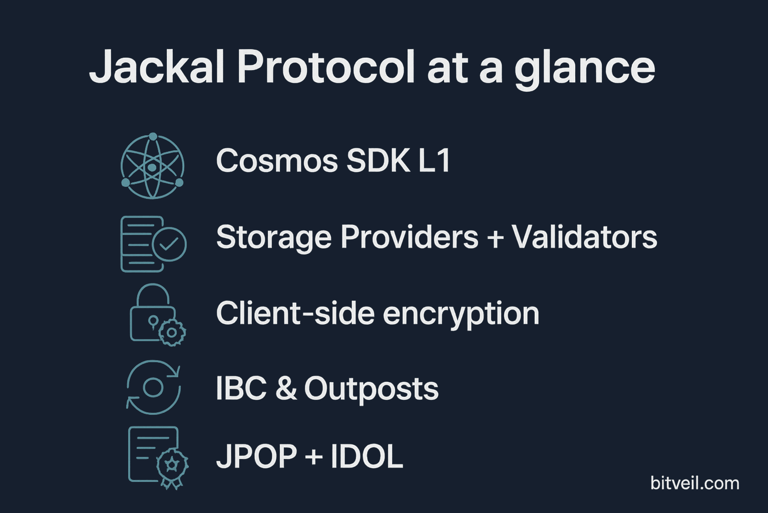

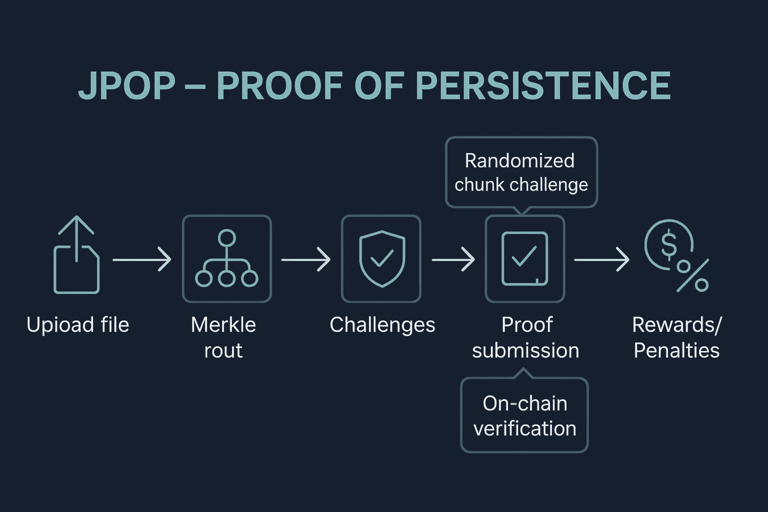

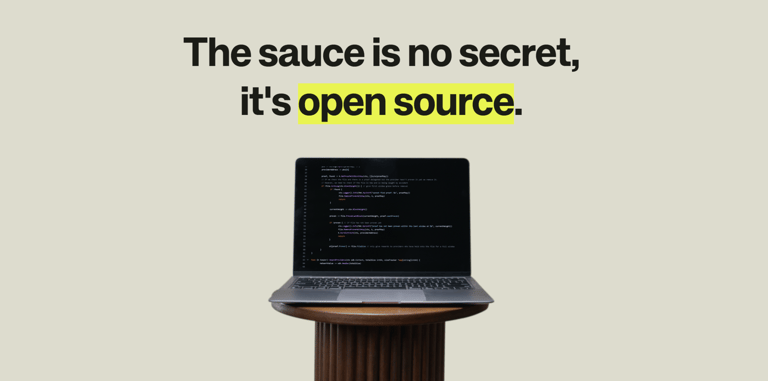

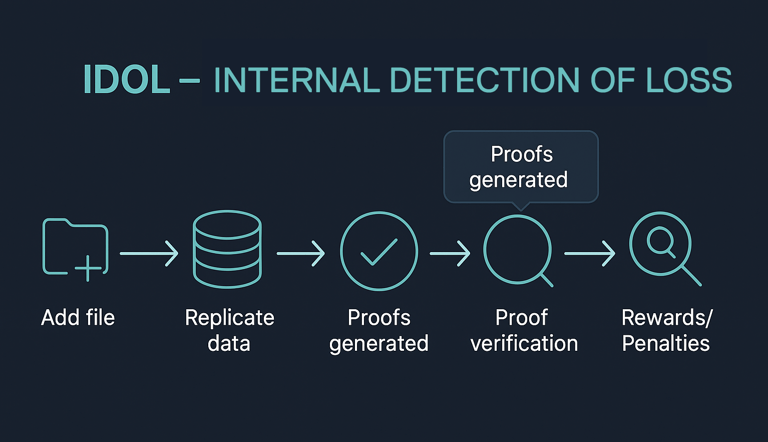

Jacakl Vault: the private, decentralized drive
Jackal Vault is a private, user-centric frontend for Jackal’s decentralized storage, designed to enhance security and usability for businesses and individuals.
Vault offers a tailored interface where users can upload, download and manage their encrypted data with heightened privacy and control.
Key features include:
Private Access: Vault restricts data visibility to authorized users only, ideal for enterprises handling confidential information like legal contracts or proprietary designs.
Custom Plans: Near-zero gas fees and flexible storage plans, ranging from 6 months and 100 GB to virtually infinite durations and storage, cater to varied needs.
Customizable Interface: Businesses can configure Vault to align with internal workflows, such as setting role-based access or integrating with existing IT systems.
Enhanced Security: Built on Jackal’s self-custodial model, Vault ensures end-to-end encryption, with user-managed keys stored securely via hardware wallets like Ledger.
Seamless Integration: Vault connects with Jackal Pin and the Stratus API, enabling streamlined management of pinned IPFS data alongside other storage needs.
For example, a law firm could use Jackal Vault to store sensitive case files, ensuring only authorized personnel access them while leveraging Jackal’s decentralized resilience, a significant upgrade over centralized solutions like Google Drive’s shared access vulnerabilities.
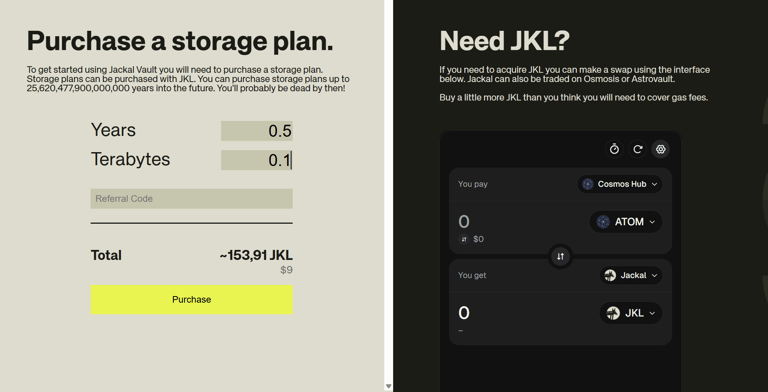

Jacakl PIN: affordable IPFS compatible file hosting
Jackal PIN is a decentralized pinning service that integrates Jackal’s triple-redundant, geo-distributed storage with the InterPlanetary File System (IPFS) for fast, reliable file access. It stands out for businesses and developers:
Robust Data Protection: Triple-redundant storage guards against localized failures, surpassing Dropbox’s reliability.
IPFS Integration: Combines Jackal’s storage with IPFS’s peer-to-peer retrieval, using CIDs for quick access, with caching by additional nodes enhancing speed.
Business Scalability: Supports hosting of critical documents or dynamic content with unlimited bandwidth, free from centralized bottlenecks.
Developer Tools: The Jackal Pin API facilitates custom storage applications for enterprise solutions.
Affordable Pricing: At $20/TB/month with no surprise fees, it includes a 25% discount via the INNOVATOR code.
A mid-sized enterprise migrating 5TB of client data to Jackal Pin achieved 99.99% uptime and 40% cost savings versus AWS, showcasing its enterprise readiness.
As you can see below, we started experimenting on Jackal PIN lately...
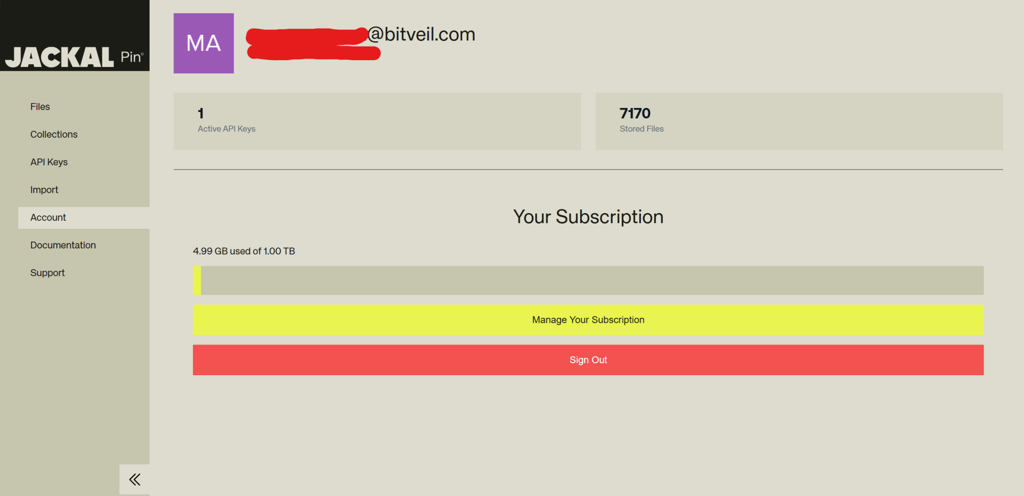

© 2025 Sociable Weavers s.r.l.
UNVEIL WEB3 POTENTIAL

